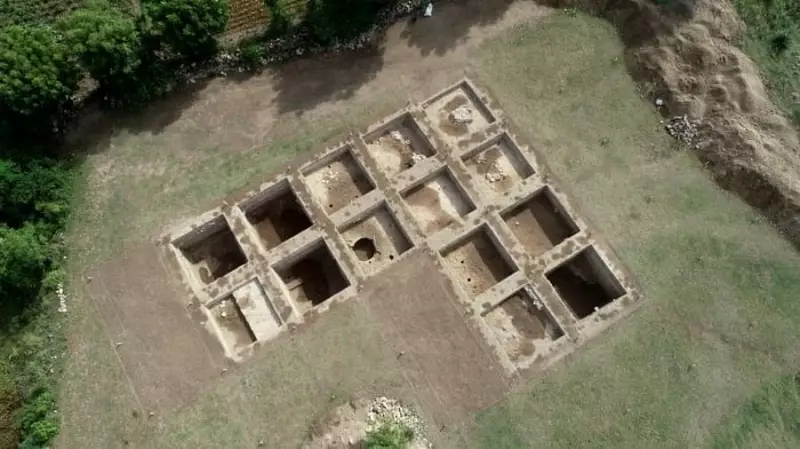
Groundbreaking archaeological findings from the Keeladi excavation site in Tamil Nadu have revealed compelling evidence of advanced animal husbandry practices among the ancient inhabitants of this historic region. The latest report paints a vivid picture of a sophisticated agrarian society that thrived over 2,600 years ago.
Ancient Tamil Civilization's Agricultural Prowess
The extensive archaeological study conducted at Keeladi has uncovered remarkable insights into the daily lives of Tamil people during the 6th century BCE. Analysis of animal skeletal remains and other archaeological evidence indicates that the Keeladi settlers maintained a well-developed system of animal husbandry alongside their renowned industrial and trade activities.
Key Discoveries from the Excavation
Archaeologists have identified multiple lines of evidence pointing to sophisticated animal management practices:
- Comprehensive analysis of animal bones showing domestication patterns
- Evidence of diverse livestock including cattle, sheep, and goats
- Indications of systematic breeding and care practices
- Integration of animal husbandry with agricultural activities
Revolutionizing Our Understanding of Sangam Era
These findings significantly enhance our understanding of the Sangam period civilization in ancient Tamilakam. The discovery of organized animal husbandry practices demonstrates the economic complexity and self-sufficiency of these early Tamil settlements.
The evidence suggests that Keeladi inhabitants maintained a balanced economy combining industrial production, trade, and agricultural activities, challenging previous assumptions about the period's economic structures.
Implications for Historical Research
This archaeological breakthrough provides crucial context for interpreting Sangam literature and understanding the material basis of ancient Tamil society. The animal husbandry practices reveal a society that had mastered multiple aspects of settled life, from craft production to food security.
The ongoing research at Keeladi continues to reshape our understanding of early Indian history, positioning Tamil civilization as a contemporary of other great ancient cultures while maintaining its distinct characteristics and achievements.





